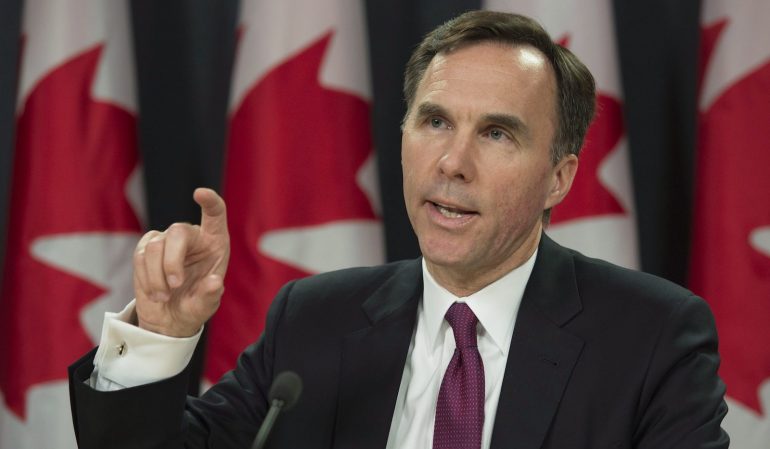Finance Minister Bill Morneau announced that a new tax on passive income investments will only apply to earnings above $50,000 a year, according to Bloomberg.
The change was in response to entrepreneurs concerned that taxes on passive investments — such as a business owner investing in retirement rather than in the business — would affect their ability to be prepared for downturns.
Morneau said that this change means that only 97 percent of Canadian companies would be affected. He also hinted that the government would make “orders of magnitude” more than the $250 million forecast to be raised by measures restricting income sprinkling. The government announced this week that it would restrict the latter by January 1, and lower the small business tax rate to nine percent by 2019.
The government will continue to roll out announcements in response to outcry from the Canadian business community to the proposed changes.
The CVCA released a statement applauding the changes. “The Government of Canada, and the Finance Minister specifically, demonstrated a clear willingness to incorporate our feedback to ensure these changes are in line government’s policy objectives”, said Mike Woollatt, CEO, CVCA. “The CVCA commends this government’s acknowledgment of the importance of private capital in funding Canadian innovation, growth, and job creation. Today’s announcement resolves some uncertainty and we look forward to working with the government on the details of the legislation to ensure our industry can remain focused on investing in Canada’s future.”
Photo via Macleans

